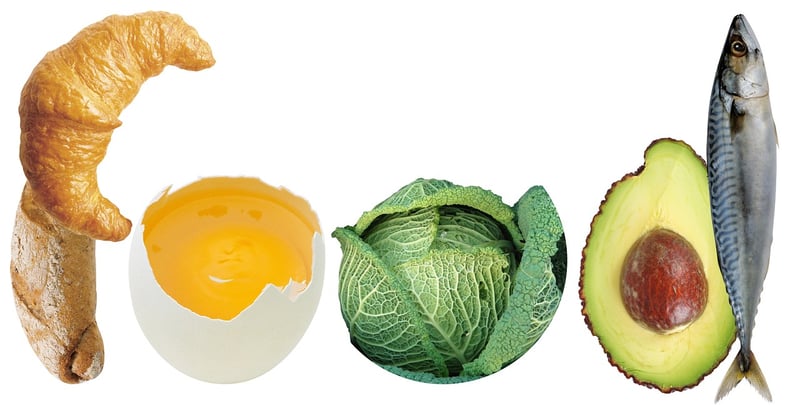Nutrient Deficiencies
Keep Your Plants Thriving: Understanding Nutrient Deficiencies
Plants are not only beautiful additions to our homes and gardens but also vital for our well-being. To keep your plants thriving, it's essential to understand the role of nutrients in their growth and how to identify and address nutrient deficiencies. Let's delve into some common nutrient deficiencies and how you can ensure your plants stay healthy and vibrant.
The Importance of Nutrients for Plants
Plants require a variety of nutrients to grow, develop, and produce flowers or fruits. The primary nutrients essential for plant growth are nitrogen, phosphorus, and potassium, often referred to as NPK. In addition to these, plants also need secondary nutrients like calcium, magnesium, and sulfur, as well as micronutrients such as iron, zinc, and manganese.
Common Nutrient Deficiencies
1. Nitrogen (N) Deficiency: Lack of nitrogen results in yellowing of older leaves and overall stunted growth. To address this, consider using nitrogen-rich fertilizers.
2. Phosphorus (P) Deficiency: Plants lacking phosphorus may have dark green or purple leaves and delayed flowering. Phosphorus supplements can help rectify this deficiency.
3. Potassium (K) Deficiency: Symptoms include yellowing leaf margins and weak stems. Potassium-rich fertilizers can help replenish this vital nutrient.
4. Iron (Fe) Deficiency: Yellow leaves with green veins indicate an iron deficiency. Chelated iron supplements can address this issue.
Identifying and Addressing Nutrient Deficiencies
Recognizing the symptoms of nutrient deficiencies is crucial for maintaining plant health. Regularly inspect your plants for any signs of discoloration, stunted growth, or unusual leaf patterns. Once you identify a deficiency, choose the appropriate fertilizer or supplement to remedy the issue.
Conclusion
By understanding the significance of nutrients for plant growth and recognizing common deficiencies, you can ensure that your plants remain healthy and vibrant. Regular fertilization, proper watering, and attentive care are key to keeping your plants thriving and flourishing.
Remember, a little care goes a long way in helping your plants reach their full potential!

For more information on plant care and nutrient deficiencies, visit Gardening Know How.
